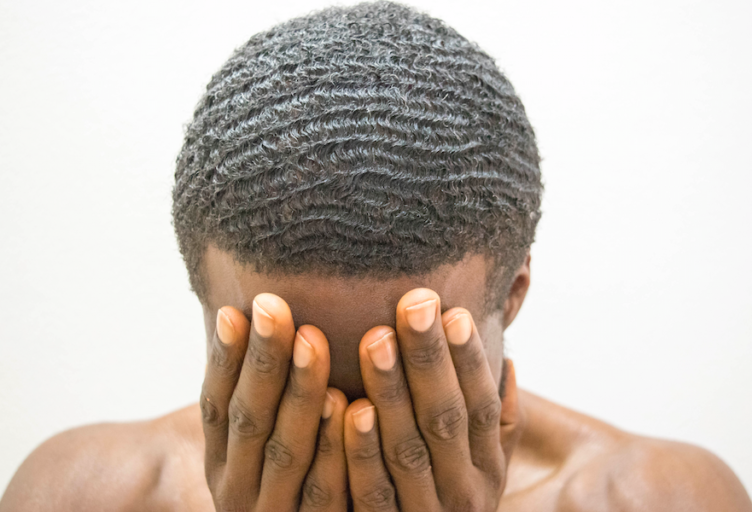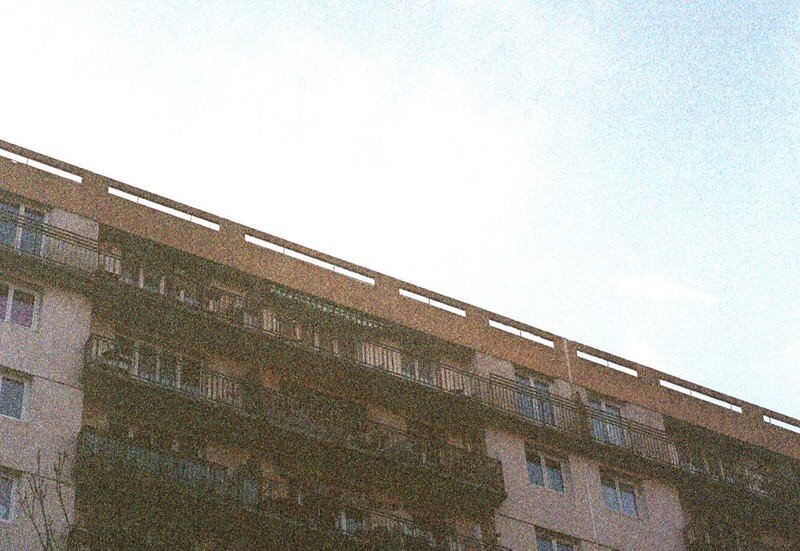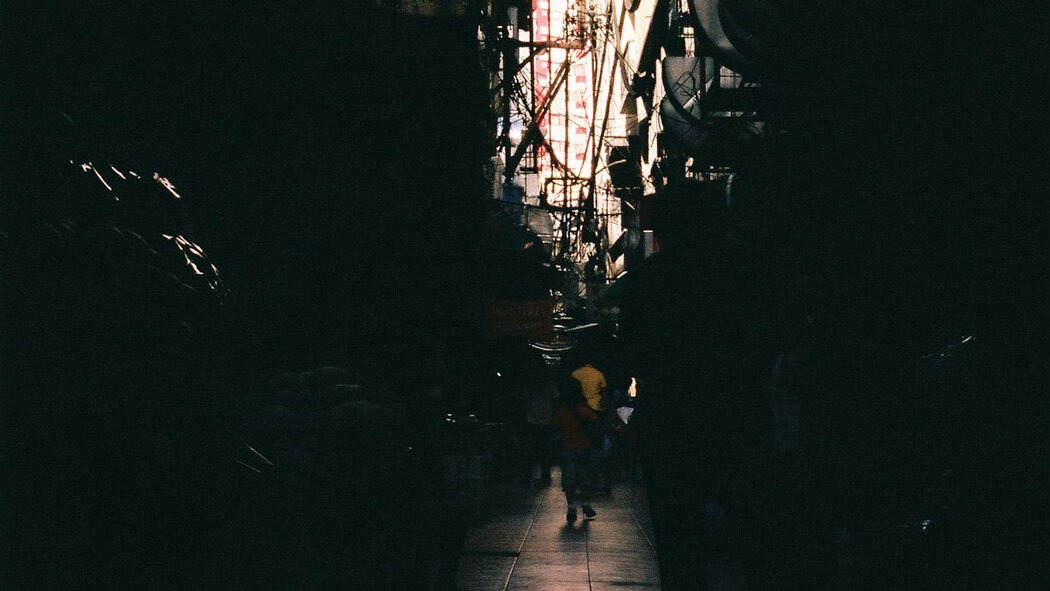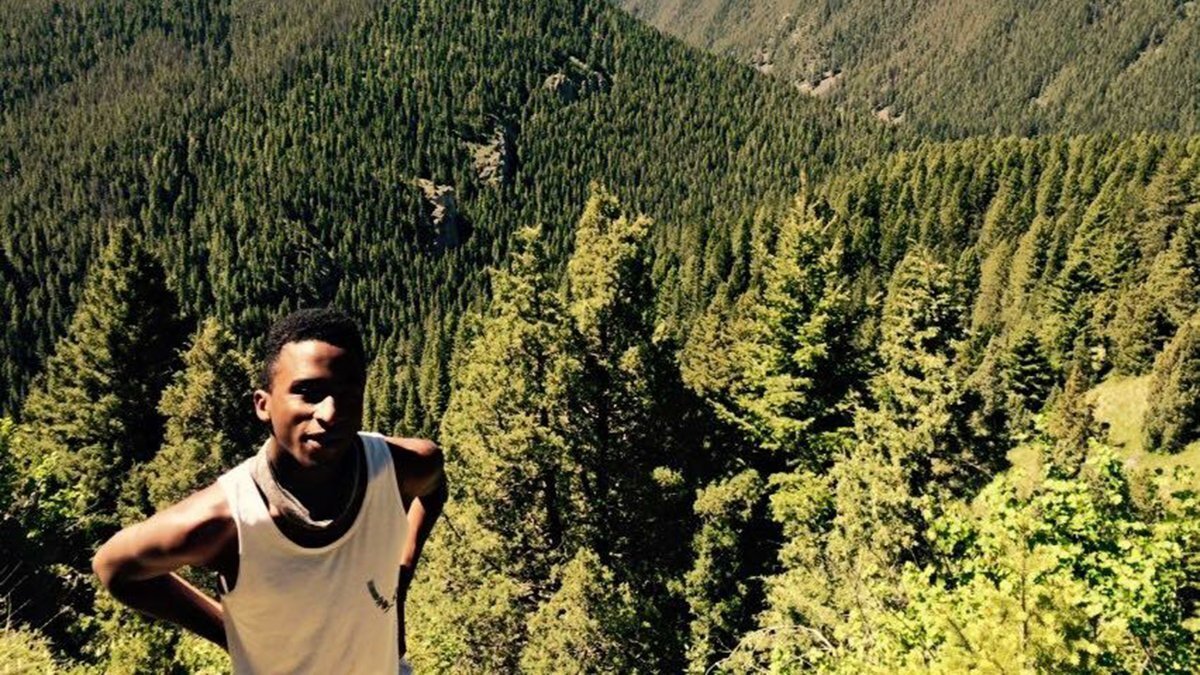CREATIVE NONFICTION
OVERCOMING THE SILENCE OF GROWING UP BLACK, GAY, AND WITH AN IMMIGRANT FATHER - DAILY DOT
FINDING ANOTHER COUNTRY - INTO MORE
WHAT FILIPINO POLICE TAUGHT ME ABOUT RACISM - MASK MAGAZINE
A BLACK TRAVELER CONFRONTS RACISM AT A MONTANA RESORT - OUTSIDE MAGAZINE
1977, Bob Marley and The Wailer, EXODUS - 68to05
SEARCHING FOR MY IMPERFECT FATHERS - THE CUT
THE DEADLY SIDE OF ACTIVISM - LEVEL MAGAZINE




“The weather was hot as the crowd burst through a line of police. We navigated the maze of central Paris as car windows were shattered and tear gas was deployed. I stumbled and choked my way into the central plaza of the city as rioters threw glass bottles at the police. It was the first time in my life that I felt I’d experienced something reminiscent of a war zone.”
In his famed 1973 memoir, Revolutionary Suicide, Black Panther Party co-founder Huey Newton describes the titular concept as the willingness to die for political liberation. It was much more than a theory; as the Black Panthers were systematically targeted and infiltrated by J. Edgar Hoover’s FBI and other law enforcement agencies, numerous party members were murdered by police. Throughout his trial and subsequent sentence following a 1968 conviction for voluntary manslaughter — after being shot first by a police officer — Newton spent 33 months in solitary confinement. In the book, Newton refers to solitary confinement as “the soul breaker,” detailing the sensory deprivation and squalid conditions intended to punish beyond punishment.
A Black Traveler Confronts Racism at a Montana Resort
As a child, I spent most of my summers visiting family in Jamaica. We would go to “the country,” as most Jamaicans called it, where black skin, kinky hair, salt fish, and coconut trees were plentiful. We got our water from a well and relaxed all day whenever there was a power outage. It was in Jamaica where I learned to believe that natural places meant comfort, that the outdoors could be therapeutic.
I assumed the rural United States would offer equally positive experiences. For most of my childhood, that theory was never tested. I grew up on the east side of Cleveland, Ohio, which was predominantly African-American. Growing up, it was common to be told, “Don’t do what all those white kids be doing. You ain’t white.” I became aware of my race there, among others who looked like me. But after moving away from the city, I’d come to learn that towns situated in beautiful natural areas weren’t always like the paradise I’d experienced as a child in Jamaica. Instead, these places can be uniquely isolating for a young black boy in America.

